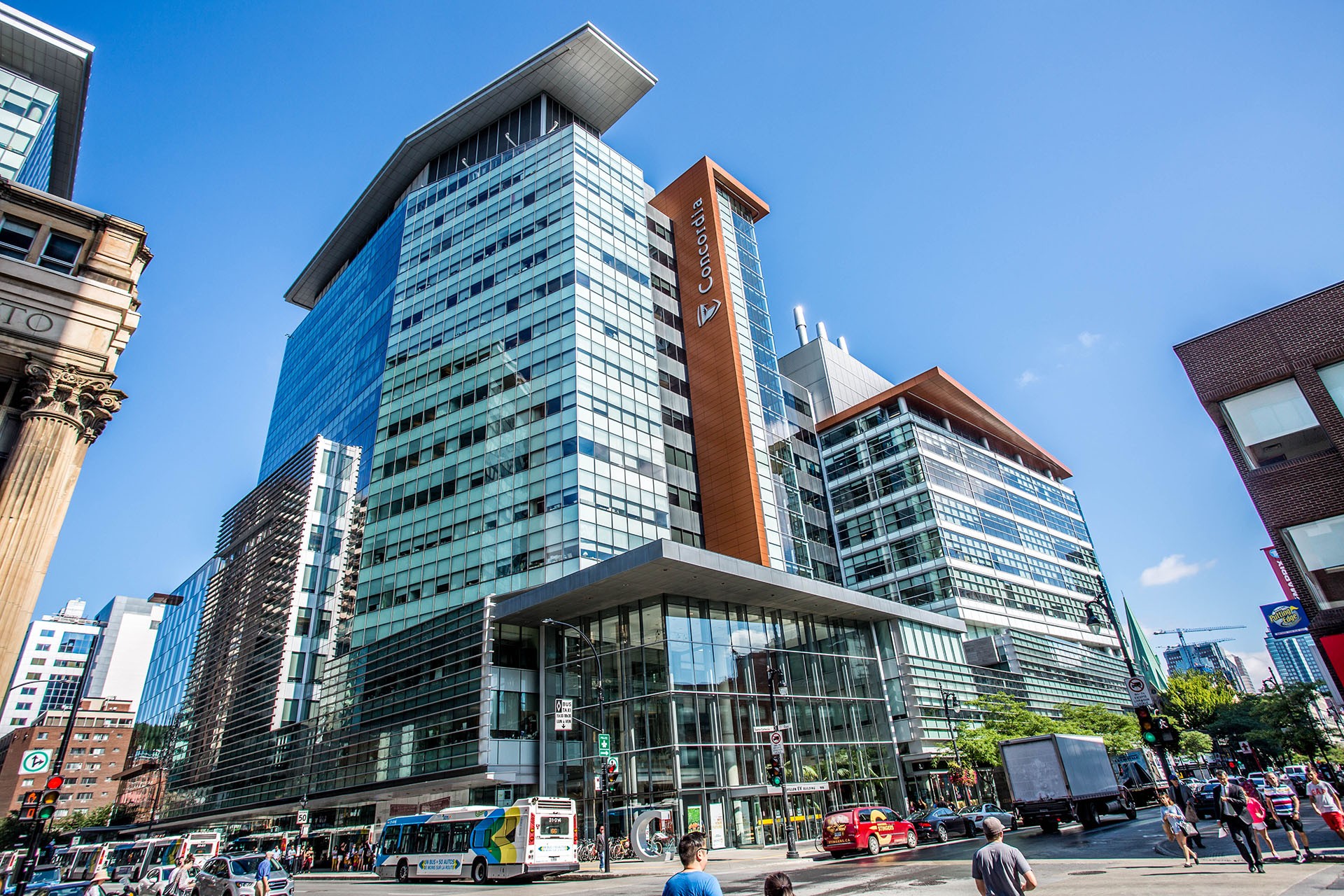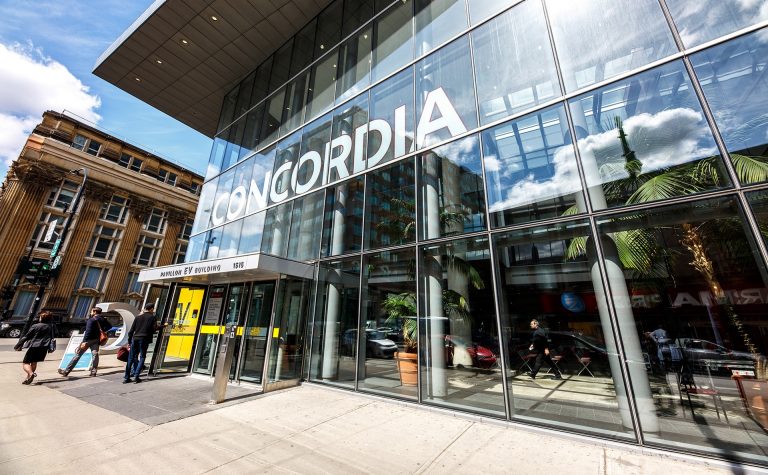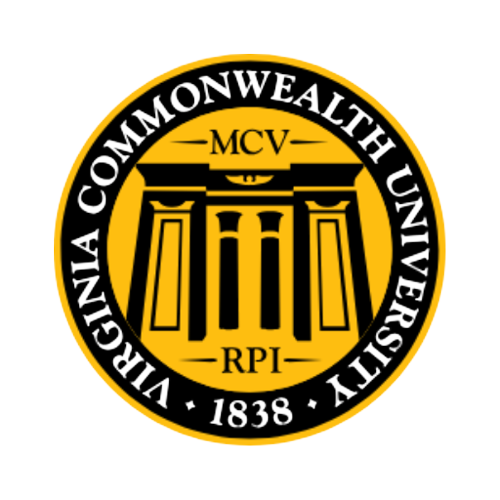The Master of Arts (MA) program in Sociology at Concordia University is designed to provide students with advanced knowledge and skills in the field of sociology. The program explores the study of social phenomena, social relations, and social structures from a sociological perspective.
Here is a general overview of the MA program in Sociology at Concordia University:
Core Courses: The program typically includes a set of core courses that cover foundational areas of sociology. These courses may include topics such as sociological theory, research methods in sociology, quantitative and qualitative data analysis, and sociological perspectives on social issues. The core courses provide students with a solid foundation in sociological theories, methodologies, and key concepts.
Elective Courses: Students have the opportunity to choose elective courses based on their specific interests and research goals. These elective courses cover specialized areas within sociology, such as social inequality, gender and sexuality, race and ethnicity, globalization, social movements, urban sociology, or environmental sociology. Students can tailor their course selection to their particular areas of interest or specialization.
Research and Thesis: The MA program often includes a research component or a thesis requirement. Students have the opportunity to undertake independent research on a specific sociological topic. They engage in data collection, analysis, and interpretation, and produce a thesis that contributes to the existing sociological knowledge. The research component allows students to develop advanced research skills and demonstrate their ability to engage in sociological inquiry.
Interdisciplinary Approach: The program encourages an interdisciplinary approach to the study of sociology. Students have the opportunity to draw from various disciplines, such as anthropology, psychology, political science, or economics, to gain a comprehensive understanding of social phenomena and their broader implications. This interdisciplinary perspective enhances critical thinking, analytical skills, and a broader understanding of social issues.
Seminars and Workshops: The program may offer seminars, workshops, and conferences where students can engage in scholarly discussions, present their research, and receive feedback from faculty and peers. These sessions provide opportunities for intellectual exchange, collaboration, and networking with scholars and researchers in the field of sociology.
Professional Development: The program may provide professional development activities, such as workshops on academic writing, presentation skills, and career planning. Students may have opportunities to publish their research in academic journals, present at conferences, or engage in community-based research or internships related to sociological issues.
It's important to note that the specific course offerings, research opportunities, and requirements may vary between academic years. For the most accurate and up-to-date information regarding the MA program in Sociology at Concordia University, I recommend referring to the official Concordia University website or contacting the Department of Sociology and Anthropology.
Show less













